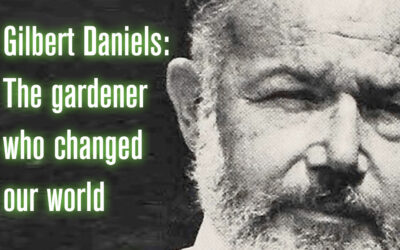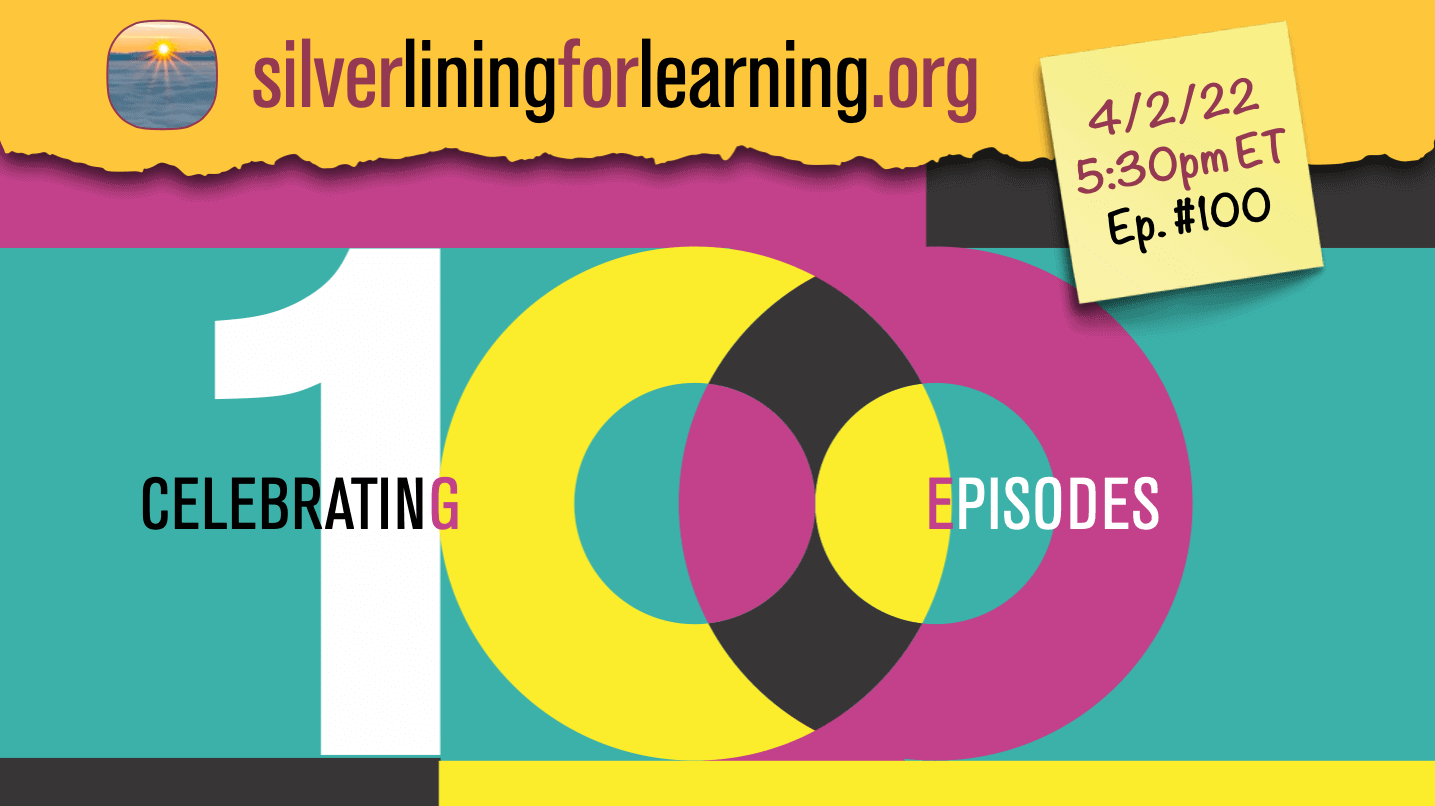How does technology change what we do? Often when a new technology appears we tend to see it in terms of existing practices and structures. So an e-book is the same as a book, except in digital format. E-books still have “pages” which we “turn” (with a flick or our finger or if you are stuck with the Kindle, by pressing a button), though digitality does not require pages or turning them. Similarly the design of most early online courses attempted to replicate face-to-face modes of teaching (capturing lectures through video, for instance), instead of pushing for exploring the possibilities of this new medium. This is often most obvious in the kinds of iconography that new technologies generate. So the icon for Microsoft Word document looks like a piece of printed paper, an email-box looks like a regular mailbox (think AOL and its “You’ve got mail” message) and so on.
However, new technologies do not just replicate what we could do before – they insidiously and fundamentally change the nature of the tasks we perform. Think of the idea of hyperlinks! Regular texts go hypertextual through developments like the table of contents, indices etc. however, these are weak attempts at best. True hypertext emerges only through digitality.
I was reminded of this when reading a recent NYTimes article on video bingo and the controversies it is causing in Alabama. The article begins by describing traditional bingo:
Everybody knows what this is: dozens of people, mostly retirees, hunched over paper grids in a smoke-filled American Legion hall on a Sunday evening listening eagerly to a woman recite numbers.
Now we have a new player on the block, video bingo! which is described as follows:
But what about this: a dim warehouse of flashing, jingling video terminals with names like Boomtown Bonanza where, early on a weekday morning, people sit on stools pushing buttons and watching cherries and 7s reel by.
The question of whether what both these groups are doing essentially the same thing, or something totally different is at the heat of a serious legal battle in Alabama. One one side are those who argue that these new machines are nothing but illegal slot machines! They look like slot machines and with their cherries and 7’s rolling by.
On the other side are people who argue that for some critical and crucial reasons, these are very different from slot-machines. For instance, they argue,
First, there has to be more than one player. The machines are connected to a single server, which acts like a bingo caller; at the push of a button, the server calls a whole game of bingo at once, and the machine marks the virtual card for the player. If the server’s combination matches the pattern on a player’s card, the player wins.
The cherries and 7s are just eye candy. It all takes seconds, and the players do nothing more than push a button. But, supporters say, it is still bingo.
In instances where this has come up in courts of law, judges have tended to side against the video bingo crowd. Here is what one judge said,
The game is not ‘bingo’ because it eliminates the requirement that players manually daub their own cards or call out ‘bingo!’ when they have won.
What I find fascinating is that this whole controversy depends on how we define bingo. Is playing bingo the manual process of marking cards with a pencil and calling out bingo and does something fundamentally change when we automate the entire process? What is the essential nature of video bingo? is there a Platonic ideal version of bingo and does video bingo capture that or does it play havoc with it?
What a deep philosophical question?
Now these issues are not new. They have always been part of the discussion of new technologies and their impact on what we do. For instance, how is the bingo debate analogous (or different from) browsing for books in a bricks-and-mortar bookstore and picking up one to buy versus skimming them on Amazon.com and buying/downloading it onto your Kindle? How about the discussion on the nature of face to face v.s. online learning, or the whole debate about sharing music with your friends (through tape mixes v.s. mp3)?
We could go on providing examples and the point of this note is not to adjudicate between these competing narratives and argue for one interpretation versus the other but rather to raise the broader issue of how new technologies even while replicating existing practices can fundamentally change the nature of what we do. These consequences are often unintended or unanticipated but are real all the same.
Finally, as a side note, I could not but think about the way new technologies force us to come up with new names for things that have gone before. Think of video bingo. Till that idea came along, bingo was bingo. Now of course we have to distinguish between video bingo and regular bingo. This is a form or post-hoc name generation created to differentiate it from something new. Linguists have a term for it, they call such words “retronyms.” As the wikipedia article says:
A retronym is a new name for an object or concept to differentiate the original form or version of it from a more recent form or version. The original name is most often augmented with an adjective (rather than being completely displaced) to account for later developments of the object or concept itself.”
Not all retronyms are constructed due to advances in technology (World War I for instance was called the Great War till World War II came along) but most of them are. Good examples of retronyms created by advances in technology are snail mail (to contrast it to email), face to face teaching (to contrast it to online teaching), acoustic guitar (created after the advent of the electric guitar) and so on.



Excellent blog with lots of useful information Are there any forums that you recommend I join
I think you are right… we create the “tool” (i.e. video bingo) out of some happy coincidence or need for efficiency (or an affinity for quickly moving colors and pictures)… then, over a period of time, the tool “creates” us (a la Vygotsky). Eventually, video bingo irreparably changes that which used to be bingo and/or what “fellowship hall game” really means to humans — not sure if it gets closer to or further from the Platonic form. I don’t think it happens all at once or in a predictable path. Like you said, at first it is just a pretty lame analogue with untapped transformative potential… but I think “how” it changes us and what affordances are exploited depends on who takes up the mantel most forcefully. Is it the capitalists or the altruists/progressives? How often does the “invisible hand” of capitalism push me in a direction that is ultimately good for my well-being? The more salient question for those in our field is who is driving change and the exploration of educative possibilities in online and multimedia learning? Can we ever truly lead in a capitalistic society? I think we play the role of the reactionary save those few fleeting instances where the ideals of capitalism, beneficial human advancement, and altruism align. Beyond that, I’m not sure we will ever redirect and harness the power of the Glauconian soul.